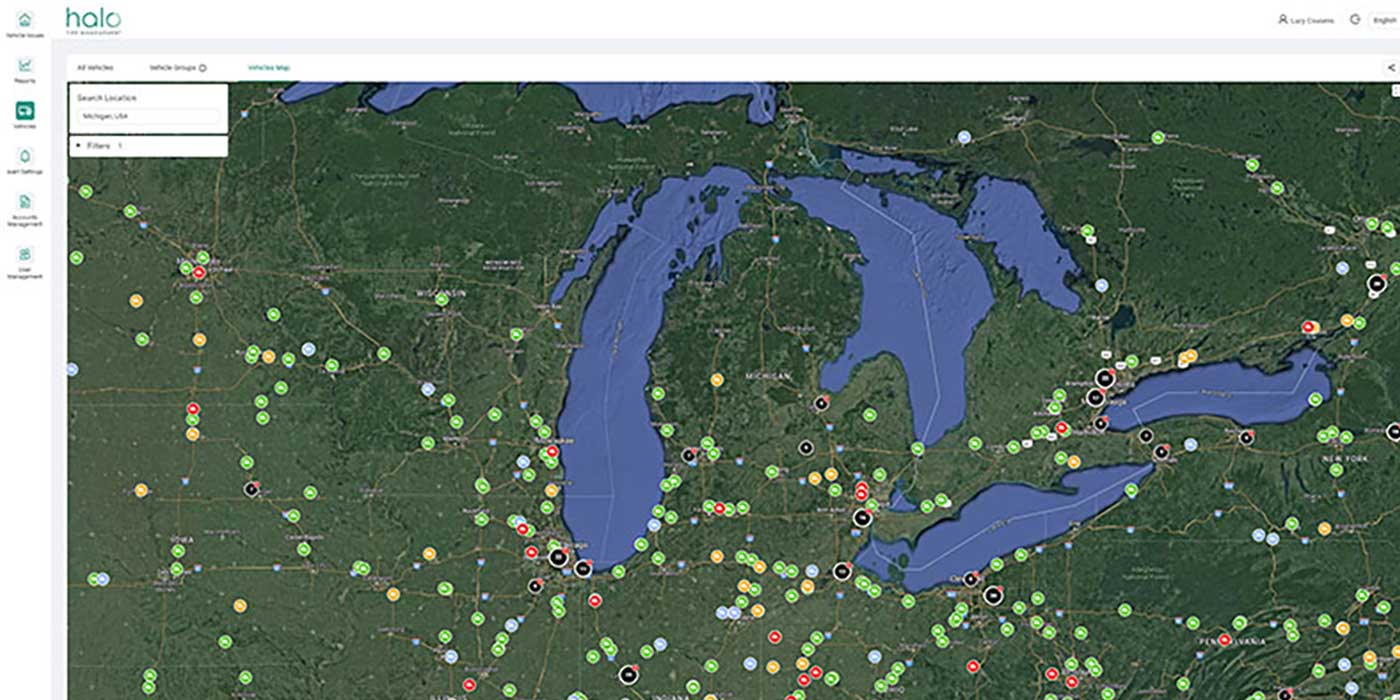As I was reflecting back on my college days studying diesel technology in the 1970s, it struck me how much diesel engine technology has advanced since then. “Wow,” I thought, “Rudolf Diesel would probably not even recognize today’s modern version of his invention.” Diesel engine technology has advanced dramatically since Rudolf’s demonstration of a single-cylinder diesel engine in 1897. And while significant technology advances were made to the diesel engine over the past century, the most significant advances have been made in the past 20 years.
Diesel engines have advanced from mechanically-controlled systems with zero sensors, to electronically-controlled engines and aftertreatment systems with 30-plus sensors to monitor and control engine operation. In the 1980s, fuel injection pressures were in the 2000-3000 PSI range, whereas today’s diesel engines develop injection pressures in the 30,000-40,000 PSI range.
It doesn’t end there. More technology advancements are on the way to diesel engines. Some of the newest or developing advancements include:
Remote diagnostics: Can make it possible to begin failure diagnosis as soon as a failure occurs, before the truck even arrives at a repair center.
Over-the-air programming: Will make it possible to remotely flash engine (and vehicle) controller updates over the air without need for the vehicle to go to a repair center.
Over-the-air parameter adjustments: Truck manufacturers are even developing systems that may one day make it possible for automatic “on the fly” parameter adjustments. One example would be changing a truck’s governed speed limit to as it enters a new state.
Engine downspeeding: By reducing engine operating speeds, there is reduced internal friction, resulting in increased fuel economy and improved fuel consumption. For instance, with a typical linehaul truck operating at normal highway speeds, for each 100 RPM drop in engine speed, fuel economy is improved by approximately 1%.
It’s important to keep up to date as diesel engine technology advances. Resources like the Mitchell 1 TruckSeries provide information needed to help diagnose and repair advanced truck diesel engine technology.
Editor’s Note: This article was submitted by Curtis Bogert, associate technical editor for Mitchell 1’s commercial vehicle group, as part of Mitchell 1’s series of tech tips. For more, visit Mitchell 1’s website.














